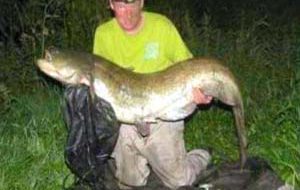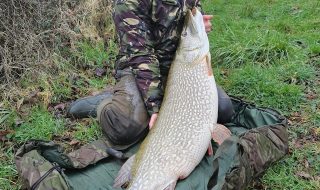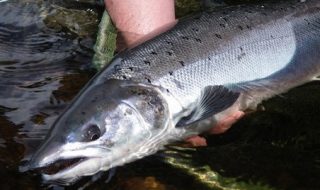Swansea University is leading AMBER, a 6.2 million Euro multi-disciplinary research project that will deliver the first comprehensive Atlas of river barriers across Europe and will apply adaptive barrier management to reconnect Europe’s rivers.
In collaboration with 20 partners from 11 countries, AMBER (Adaptive Management of Barriers in European Rivers), will combine citizen science and cutting-edge advances in environmental DNA, use of drones, and valuation of ecosystem services, to map the distribution of barriers and assess their effects on freshwater organisms. It will work with hydroelectric companies, water providers, NGOs, anglers and local authorities to restore river connectivity in a way that maximizes the benefits of water abstraction but reduces environmental impacts
Professor Carlos Garcia de Leaniz, Director of the Centre for Sustainable Aquatic Research at Swansea University said ‘Solutions for better barrier management are urgently required across Europe because many rivers are becoming increasingly fragmented due to water abstraction compounded by climate change’
AMBER seeks to raise awareness of the problems posed by stream fragmentation, the pressures on freshwater ecosystems, and the need for innovative solutions to restore river connectivity. All major rivers in Europe are disconnected from the sea and this has had a catastrophic impact on many species, including some iconic migratory fish such as salmon or eels that have in some cases become extinct.
For example, in the Netherlands and Germany barriers along the River Rhine prevent the migration of salmon, sturgeon and shad, while in the Iberian peninsula salmon has disappeared from all but a handful of rivers. This project will encourage citizens to become involved in efforts to reconnect Europe’s rivers by mapping the location of barriers and assessing their impacts with the help of a smartphone app.






